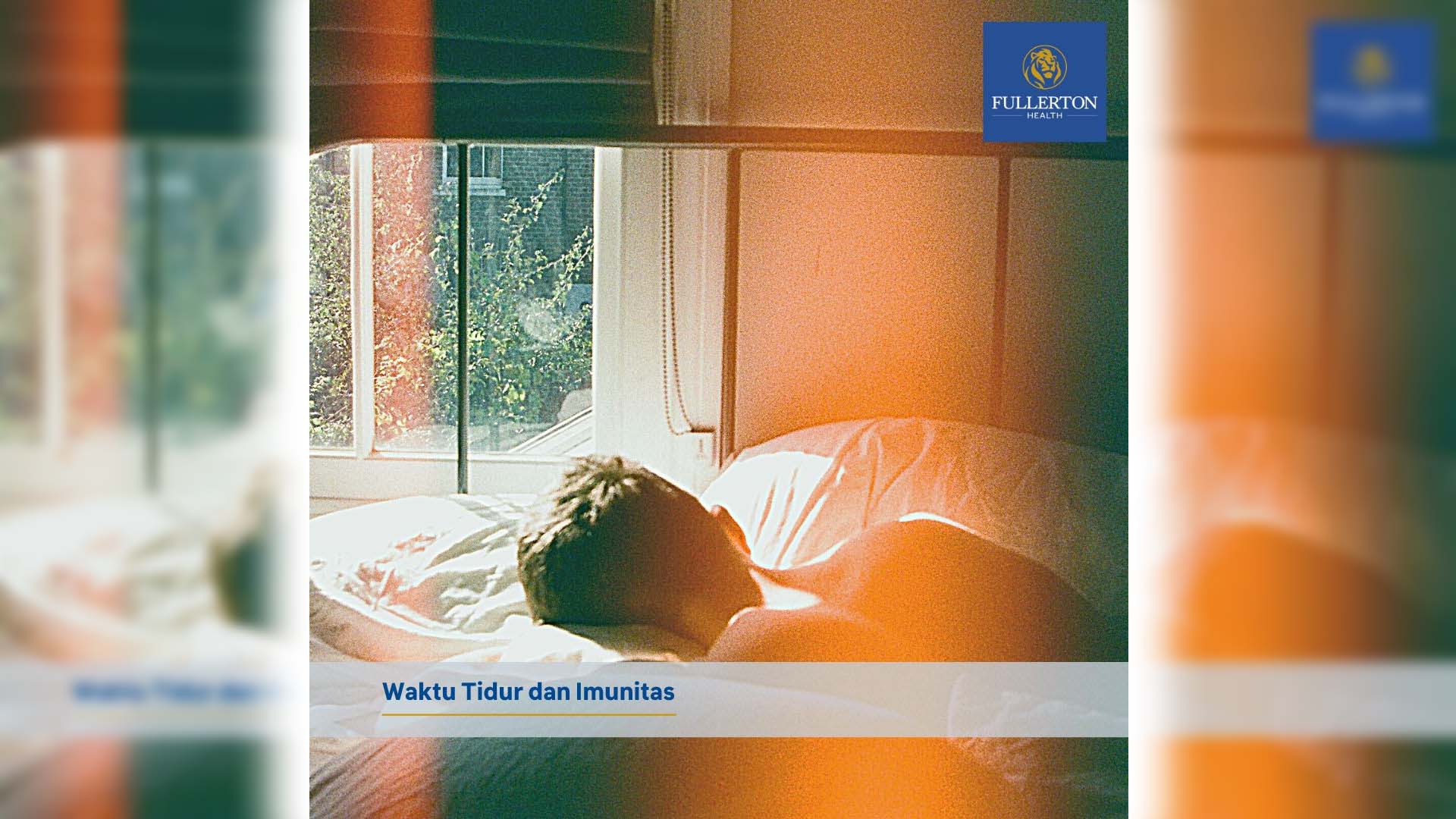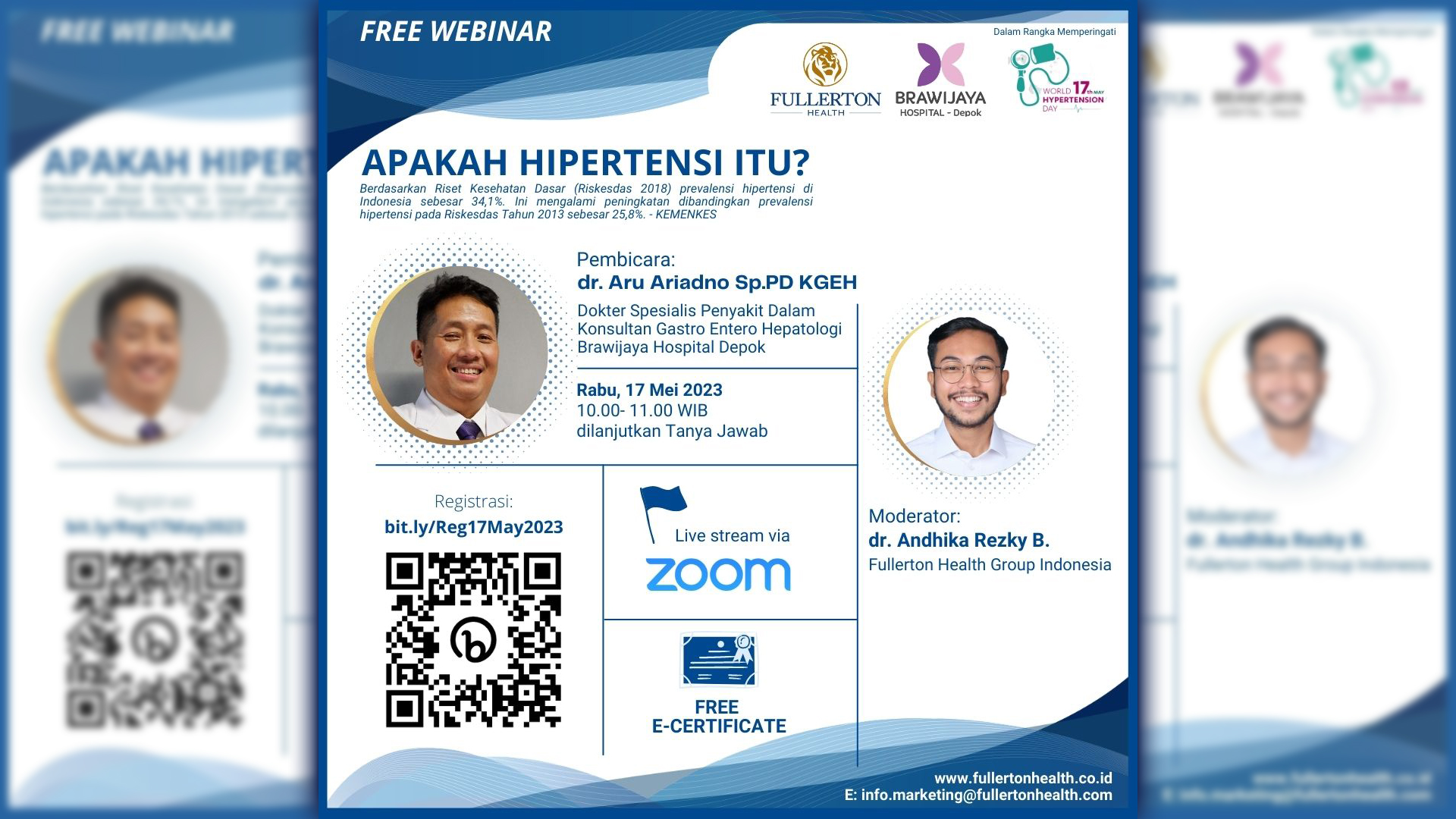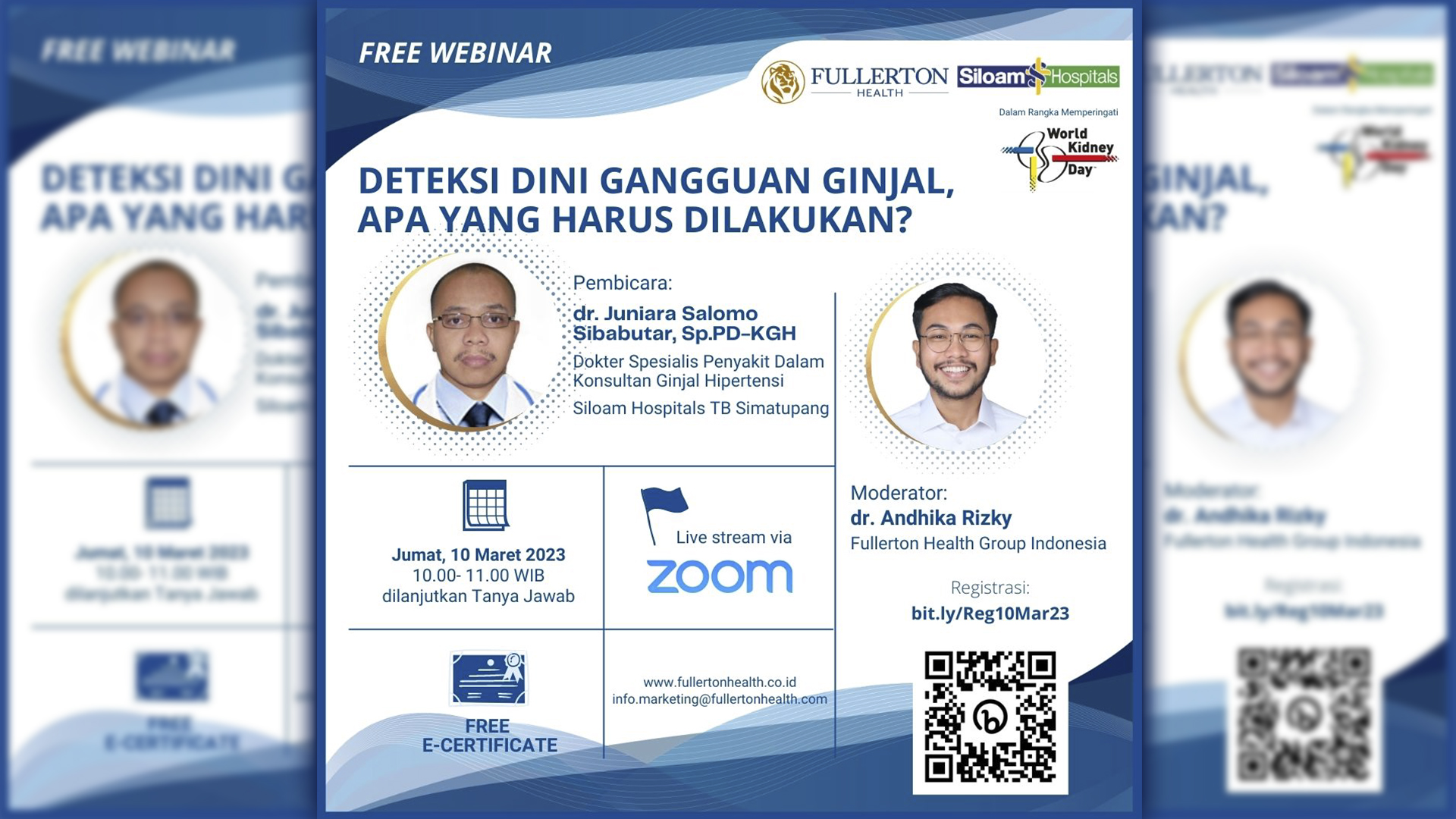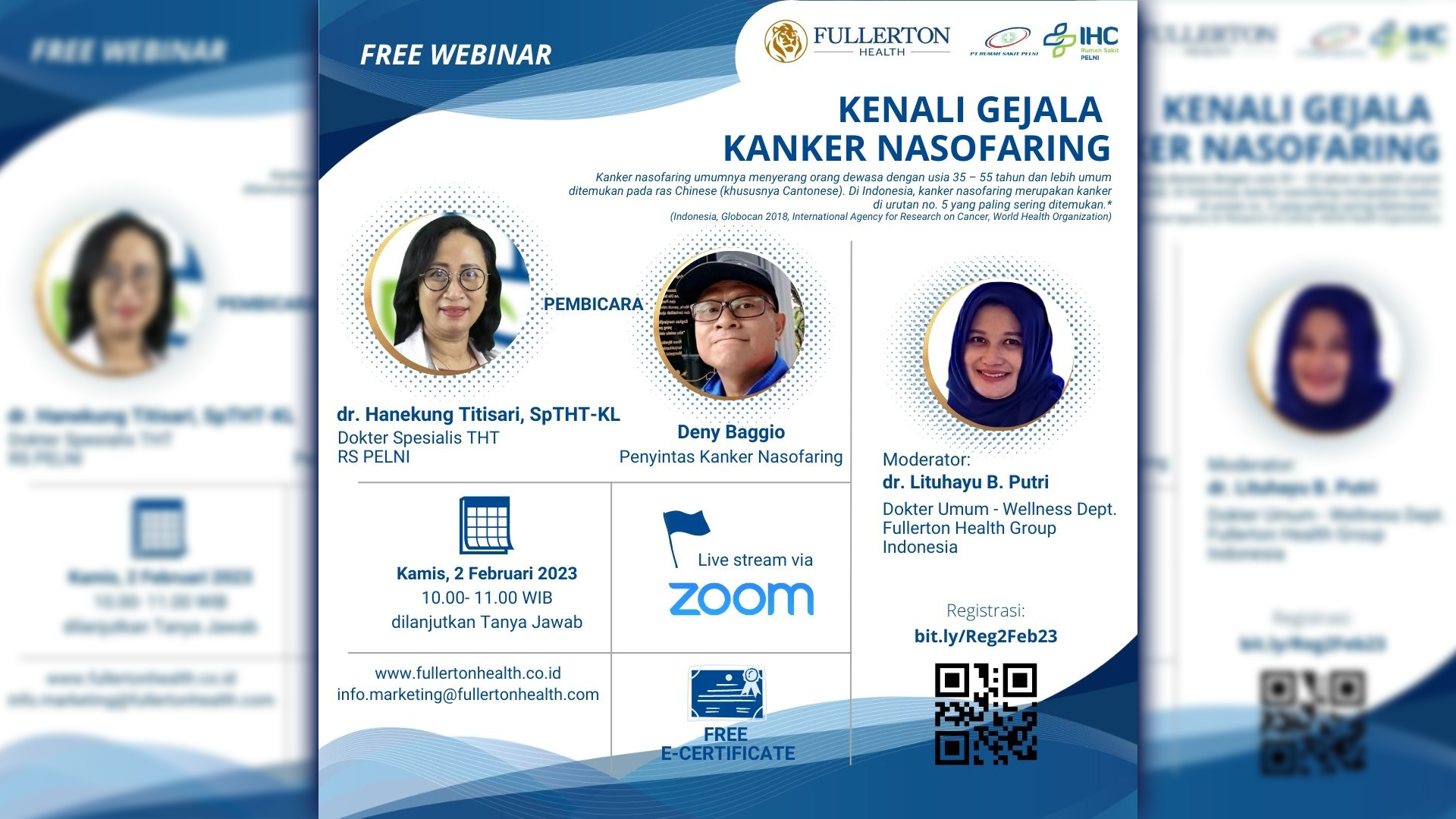Sleep deprivation can occur in people who are fasting. Research shows that lack of sleep is associated with a decrease in the body’s immune system (Besedovsky, Lange and Born, 2011). In fact, in this pandemic situation we also have to maintain our body’s endurance. How to work around this?
SLEEP AND SITOKIN
Cytokines are proteins that act as immune regulators to fight pathogens and cause an inflammatory response. Cytokines are produced and released simultaneously by the body when we sleep. So that in a state of lack of sleep, our bodies will produce fewer cytokines, and potentially suppress our immune system.
HELP QUICKLY
Although sleep for 7-8 hours at a time is still the best duration, we can help meet the needs of sleep with a shorter duration or better known as “power nap”. When you do not have enough time to sleep at night, sleep for less than 30 minutes 2 times on that day can help reduce stress levels and the risk of decreased immune system due to lack of sleep. With a busy working time, this can be done by sleeping for 20 minutes at lunch and about the next 20-30 minutes right before dinner.
Of course, in addition to trying to meet the needs of sleep in one day, a complete nutritional intake should also be met. Another important thing is to continue to carry out physical distancing and practice hand hygiene.
Article by the Wellness Team – Fullerton Health Indonesia
Reference:
National Sleep Foundation. 2020. Boost Your Health With Better Sleep – National Sleep Foundation. [online] Available at: https://www.sleepfoundation.org/articles/how-sleep-affects-your-immunity>
Besedovsky, L., Lange, T. and Born, J., 2011. Sleep and immune function. Pflügers Archiv – European Journal of Physiology, [online] 463(1), pp.121-137. Available at: <https://www.ncbi.nlm.nih.gov/pmc/articles/PMC3256323/>





